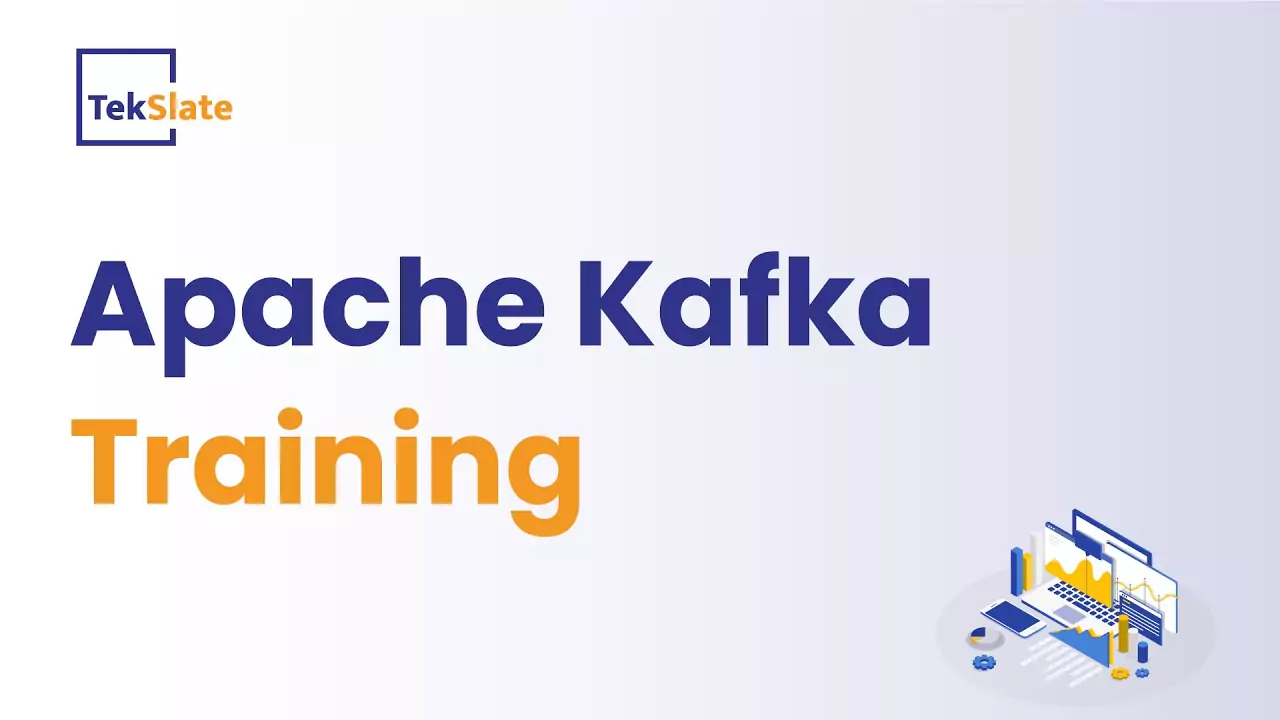Course Curriculum
Course Content
- Overview of event streaming and its importance.
- Introduction to Apache Kafka and its key features.
- Understanding Kafka architecture: topics, partitions, brokers, producers, and consumers.
- Installing and setting up Apache Kafka on different platforms.
- Configuration of Kafka brokers, topics, and partitions.
- Understanding Kafkas storage and retention policies.
- Writing Kafka producers to publish data to topics.
- Developing Kafka consumers to subscribe to topics and process data.
- Managing offsets and ensuring data consistency.
- Understanding different messaging patterns: publish-subscribe and point-to-point.
- Implementing message ordering, data replay, and idempotence.
- Introduction to Kafka Connect for integrating Kafka with external data sources and sinks.
- Configuring and using connectors for various use cases.
- Overview of Kafka Streams for building real-time applications and stream processing.
- Developing stream processing applications using the Kafka Streams API.
- Scaling Kafka clusters to handle increased load.
- Replication, failover, and fault tolerance strategies.
- Introduction to Kafka ecosystem components like Kafka MirrorMaker and Kafka Connectors.
- Integrating Kafka with other tools like Apache Spark and Elasticsearch.
- Common issues and challenges in Kafka environments.
- Strategies for diagnosing and resolving problems.
Quick Enquiry
Exam & Certification
No, there is no standardized or official certification exam specifically for Apache Kafka training.
Testimonials
Apache Kafka Training FAQ's
Apache Kafka training is a structured learning program designed to teach individuals about Apache Kafka, a popular open-source stream processing platform. The training covers topics such as Kafkas architecture, components, usage scenarios, and practical hands-on exercises.
Taking Apache Kafka training offers several benefits, including gaining a deep understanding of Kafkas architecture, learning how to set up and manage Kafka clusters, acquiring skills to design scalable data streaming solutions, and being better prepared to handle real-time data processing challenges.
Prerequisites can vary based on the training program. However, having a basic understanding of concepts like data streaming, databases, and programming can be beneficial. Familiarity with programming languages like Java or Scala might also be useful for hands-on exercises.
The duration of Apache Kafka training can vary. It could be a one-day workshop, a multi-day bootcamp, or even an online self-paced course. The length depends on the depth of the material covered and the training provider.

.webp)
.webp)


